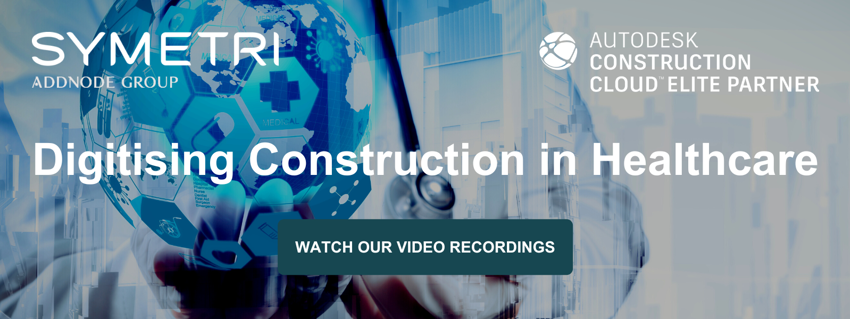The response to this question is mixed and leads us down very different paths.
For those who have been told they need one or think it would be good to be able to replicate their buildings digitally, I know we will have to focus on the "why?”.
For those who can articulate their long-term strategy for creating a better environment for employees, customers, partners and in the case of NHS patients, highlighting the part a digital twin can play in enabling them to do that, I know we are ready to get cracking.
Those engaged in trying to create smart hospitals for NHS Trusts tend to be in the second camp. The creation and perpetual management of a digital twin will provide the data and insights required for people to make a smart hospital truly smart. I’m massively excited about the improvements in patient and employee experience that could be delivered, imagine:
- Understanding where all key equipment is around the hospital in real-time
- Being able to schedule caring, cleaning, feeding and maintenance activities with no conflict
- The temperature/light level being correct and instantly adjustable based on patient needs, optimising efficiency and minimising carbon production throughout the hospital
- App based wayfinding to deliver sick patients to the correct part of the hospital as quickly as possible
- Less ‘out-of-order’ and ‘under repair’ signage - areas/systems/individual lightbulbs that auto-generate maintenance jobs
- Being directed to your parking space rather than constantly looping the car parks (a personal bug bear)
How do we go about creating a digital twin for NHS Trusts?
I know that there is always an argument for spending more money on frontline staff rather than implementing smart tech and digital systems and I fully understand that. However - as a user of and contributor to the NHS - I believe the savings from preventative maintenance (rather than reactive), improved patient and employee experience (reducing sick days and hospital stays) will far outweigh the costs of implementation.
If you want to find out more about how Symetri supports organisations with their digital twin strategy and the associated technology, book a meeting with us here.
We recently hosted an event aimed at “Digitising Construction in Healthcare”. If you missed it, you can watch our video recordings from the day by clicking on the banner below.




